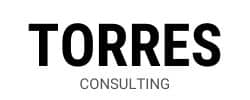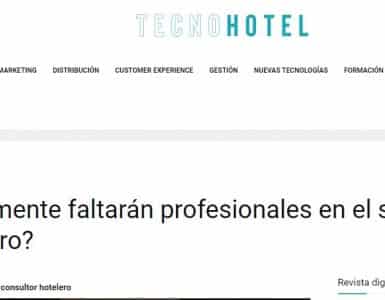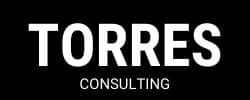What are atomic habits?
Not long ago the book “Atomic habits” fell into my hands. This book, written by James Clear, shares very useful tips on how to change bad habits into good ones and how to introduce positive habits in your daily personal and professional life.
It talks about the importance of creating a positive environment, so that you feel more comfortable doing certain things that otherwise you might not do. Say, for example, that you want to get fitter. What´s easier, go to the gym on the way home after work? Or needing to get home, get your gear, then drive elsewhere? By choosing a gym that is on the way back from work, not having to make any detour, it helps you change your perception, and makes incorporating that process (going to the gym) easier.
It’s all about making it easier, adding bite-size pieces that makes you more prone to introduce that habit in your daily life. It’s all about updating, or changing our behavior, and turning that into a habit.
From personal to professional environment: Client-facing roles
If we transferred that to the professional environment, introducing new habits to our life, can help us be more efficient and effective on the things we do daily.
Thinking about the client-facing roles, the interaction between staff and clients, leaders must try and help to make that process as enjoyable as possible for both parties. And there is still a lot to be done in that field. It is very important that managers make sure their team members enjoy the tasks they perform, so that this joy can be felt by the customers they are dealing with.
Upselling
If we focus on the upsell and cross-sell transaction, we must try to make sure that this team member feels comfortable with it, so that his confidence increases, and he tries more often.
That can be clearly seen on most teams when you have superstar upsellers that tend to be the number one every month. Not just out of luck, but because they have made up selling part of daily habits, or routine, so that when they check in a guest, or take an order when working in a restaurant, it comes naturally as part of the daily speech.
The challenge comes when some team members are not used to it and find a myriad of excuses on why they haven’t been able to perform that task. So, as a manager, your duty is to make sure they update their behavior and introduce it as another of their daily habits.
Thing is, we do not realize, but half of the things we do daily, are habits: from the way we shower, to the way we brush our teeth. How we get ready to leave the house, how we go into the public transport, the carriage we take in the underground when going to the office, the way we greet people,… they’re all habits we do without thinking. And that is the point: once something becomes a habit, we can do it effortlessly. Because they are so ingrained in our daily life, we don’t even have to think about them and they’re just incorporated naturally to the way we interact with others or what surrounds us.
Adding atomic changes to make their life easier
So, as a team leader, you need to nurture that behavior, you need to try to ingrain those behaviors into your team’s minds, so that they can interact more graciously with the customers, an see upselling and cross-selling as their new normal, if we can call it that way.
How do we do that? As mentioned earlier it’s all about making it efficient for them, seamless, breaking it into bite-size pieces.
For example, if as a receptionist, I know that my software or my colleague (depending on the PMS at the property and the system they use) has set an alert for me to remind me that a certain guest might have potential for upsell, that is already making my life easier.
Another way to try to make these parts of people’s behaviors, is to briefly role play on how it can be done with guests or customers, on make sure the product knowledge is there.
On most customer-facing roles, team members will go through the daily briefing or daily meeting, which tends to last between 15 and 30 minutes, when the day ahead of us is outlined.
That daily briefing can be a great opportunity to role play with the team and test them on the product knowledge they have, making sure they really know how the room that is available to upsell looks like, or what is the taste or ingredients of that special dish that today the chef wants to sell.
Atomic changes and the “new normal”
it’s all about introducing those, as the author calls them, “Atomic changes”. Tiny bits of information that help change people’s behavior and that all together, can eventually manage to change habits.
This way, we should be able to have a more engaged team, where they all feel more confident on performing this task, because it has become so natural, so much part of their routine, that it’s done without effort.
in the so called “new normal”, in this post-covid-pre-vaccine era, client facing staff will have a more prominent role in the interaction with guests, as customers will want to feel safer and more appreciated.
You can’t take every team member and convert them into top upsellers who generate more revenue for your venue and create amazing experiences for every guest. But you can introduce small changes that boost the team confidence, that helps them interact with their guests, make them feel valued so that they do the same for their guests.
That is why, summarizing, making sure your team is well trained and well prepared, is more important than ever if you want to make sure your business comes out of this current scenario stronger than the competitors.
#atomicchanges #upsell #torresconsulting #hotels #hrprofessional #training #hospitality
Photo by Andrea Piacquadio from Pexels



























Add comment